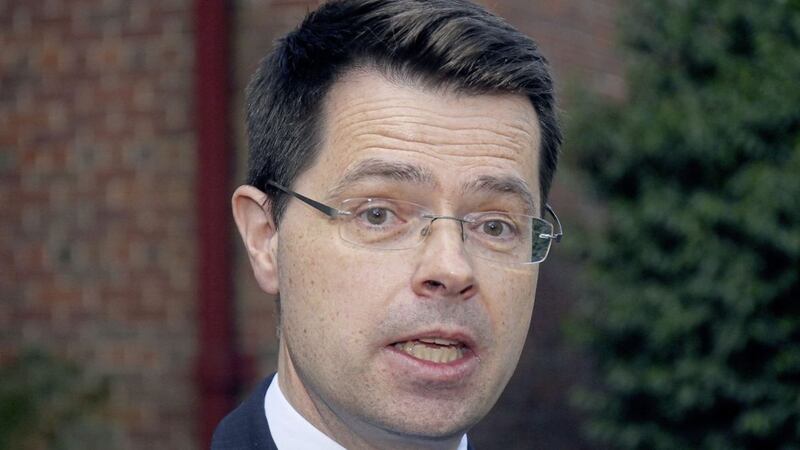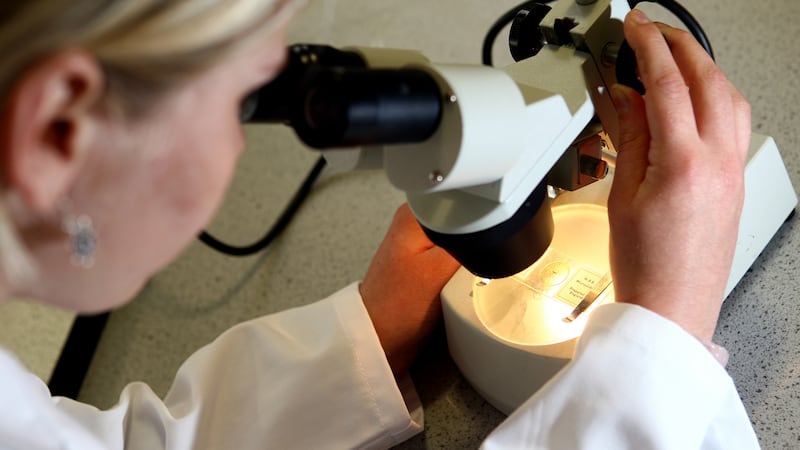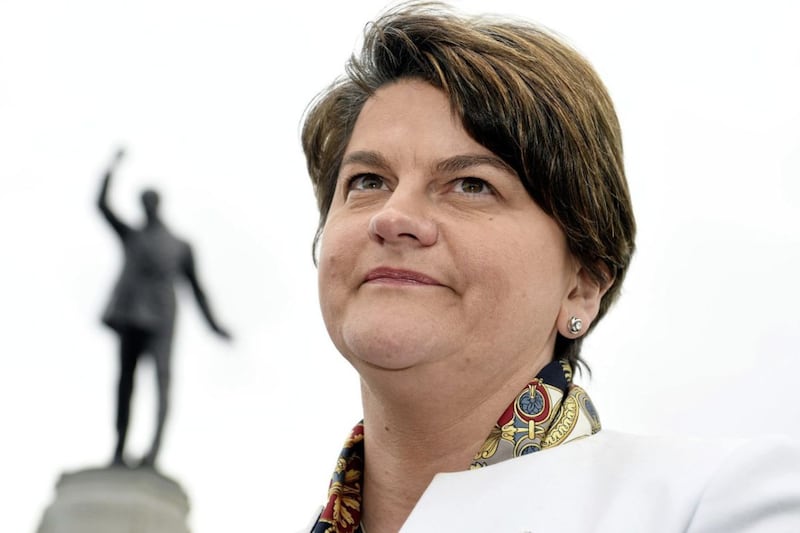Preparations for talks aimed at getting the Stormont executive up-and-running again are expected to begin today but the prospect of an immediate restoration of the devolved institutions remains remote.
Secretary of State James Brokenshire and Foreign Affairs Minister Charlie Flanagan yesterday released co-ordinated statements stressing the need for a power-sharing government to be established as soon as possible. However, Sinn Féin is insisting it will veto Arlene Foster's bid to become first minister until the Renewable Heat Incentive inquiry is complete.
Mr Brokenshire will hold bilateral meetings with the leaders of the five main parties today at Stormont House ahead of Mr Flanagan's expected arrival in Belfast on Wednesday.
Concerns have previously been voiced about the secretary of state chairing the discussions and it is unclear exactly what part he will play in the negotiations. A Northern Ireland Office source last night said that while Mr Brokenshire would be "fully involved" in the talks, he did not as yet have a specified role.
Legislation dictates that an executive must be formed within three weeks of last Thursday's election, though under current circumstances that appears highly unlikely, which means some special provision extending the deadline may be required.
The secretary of state said there were two components to the negotiations – the establishment of an executive and the need to address "other outstanding issues", including implementing past agreements and the legacy of the Troubles.
He said the DUP and Sinn Féin were responsible for forming a new executive and that once that was in place the two parties needed to agree a programme for government, a one-year budget, and how potential changes to the devolved institutions might be implemented.
Mr Brokenshire said there was an urgent need to resolve the disagreements around the implementation of the legacy component in the Stormont House Agreement.
He said the British and Irish governments would work with the parties to secure progress and that the discussions would be confidential.
"Both parts of this work are important," he said.
"Political institutions operating on a basis of partnership, equality and mutual respect are at the heart of the Belfast agreement."
Mr Flanagan said intensive engagement was necessary to ensure the early establishment of an executive that would "deliver for all of the people of Northern Ireland in a spirit of partnership and mutual respect".
"The heart of the Good Friday Agreement is its interlocking political institutions, however, they can only be sustained on the basis of partnership, equality and mutual respect," he said.
"As a co-guarantor, the Irish government is determined to uphold the principles of the agreement and to protect its institutions."
Sinn Féin leader Gerry Adams last night said the British government was "part of the problem" because it had failed to honour past agreements.
The Louth TD said the Irish government needed to hold London to its responsibilities and obligations.
He said Sinn Féin would "engage positively" with other parties at the talks but claimed the two governments were "in denial" over the reasons for the election.
"They have failed to uphold the equality obligations of the Good Friday and subsequent agreements and failed to ensure the implementation of an Irish language act," he said.
"It is little surprise that the DUP acted with arrogance and disrespect to the point of scandal on the watch of the two governments."
SDLP leader Colum Eastwood said: "All parties must now move to begin negotiations to restore government and reward the trust the public have placed in us, and this time it must be a negotiation not a stand-off," he said.
"The SDLP is prepared for that – we will go into negotiations to deliver the best result for the people we represent."







